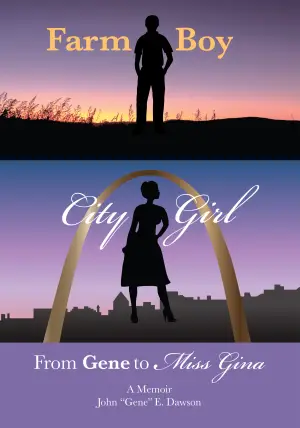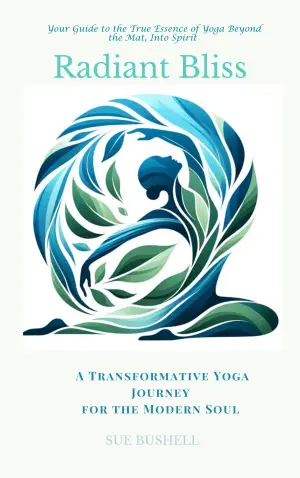Review: Until Unity by Francis Chan
As someone who typically avoids spending money like it’s the plague, the decision to shell out nineteen bucks for Until Unity by Francis Chan was nothing short of momentous. But my frugality was overshadowed by a pressing need; I was caught in a whirlwind of disillusionment with both my faith and the modern church. Chan’s voice felt like a beacon amidst the chaotic noise. He has this uncanny ability to speak truth while resonating deeply with the aches and confusions many of us harbor—especially in a time when church unity seems elusive.
Key Themes and Personal Reactions
At its core, Until Unity explores the Biblical call for believers to be unified. Chan masterfully dissects scriptural references to love and unity, reminding us that Jesus Himself prayed fervently for our oneness before His crucifixion. This wasn’t just another fluffy sermon about love; it was a challenge that poked at my hardened heart. The thought of unity often makes one uneasy, especially when I’ve found so much conflict across various denominations and teachings. Yet Chan urges us to view unity not as a compromise of truth but as a manifestation of love.
His writing style is refreshingly straightforward. Chan isn’t here to impress with eloquence; instead, he forthrightly shares his journey through the tangled landscape of church politics. He pairs passion with humility, inviting us to reflect on our roles within the body of Christ—even when that body feels disjointed. One memorable quote struck me hard: “Love is the superior gift.” It was a gentle reprimand; I had been quick to dismiss the very essence of Christianity, mislabeling it as “mumbo jumbo.”
Notable Highlights
The book brims with scriptural backing, which impressed me immensely. Chan doesn’t shy away from tough conversations around controversial figures or teachings in the church. Instead, he encourages us to confront these issues with love and integrity. His insights have motivated me to think about what true love looks like in the face of disagreement—something I often struggled with in my own faith journey.
While part of me wants to critique Chan for being too idealistic, I find that the other part—the part that longs for a simpler faith—craves that childlike perspective he embodies. It’s disarming and, more importantly, necessary for the healing we all need in the body of Christ.
Conclusion
Until Unity is not just a book; it’s a must-read for anyone feeling disillusioned or fragmented in their faith. If you’re grappling with feelings of isolation within your church community or struggling to see past differing doctrines, Chan’s work is a breath of fresh air. Whether you’re entrenched in your theological camp or wrestling to bridge divides, this book prompts you to reconsider your approach toward love, unity, and truth.
For me, it didn’t just challenge my frustrations—it offered a path forward. I walked away with five stars, a rekindled hope, and a renewed understanding of what it truly means to love. In a world that often prioritizes the loudest, most divisive voices, Chan quietly reassures us: unity, rooted in love, is not just possible—it’s imperative.
















